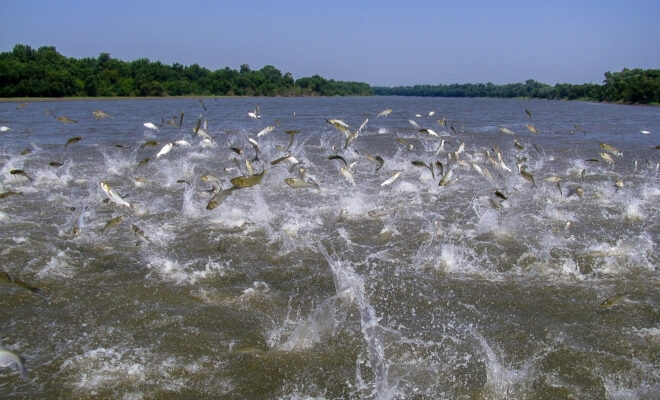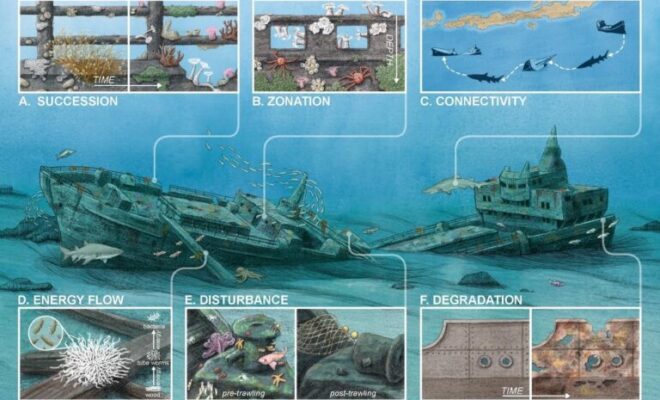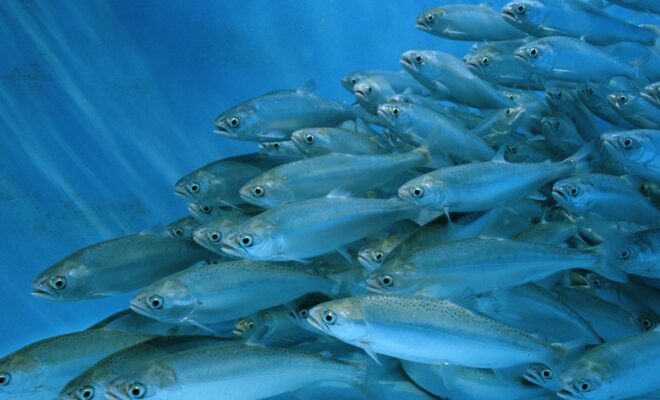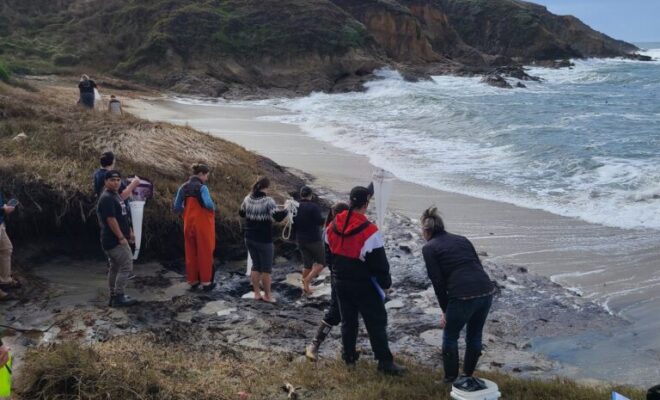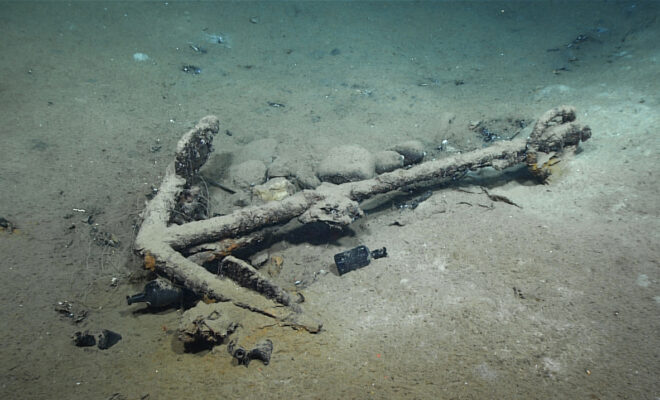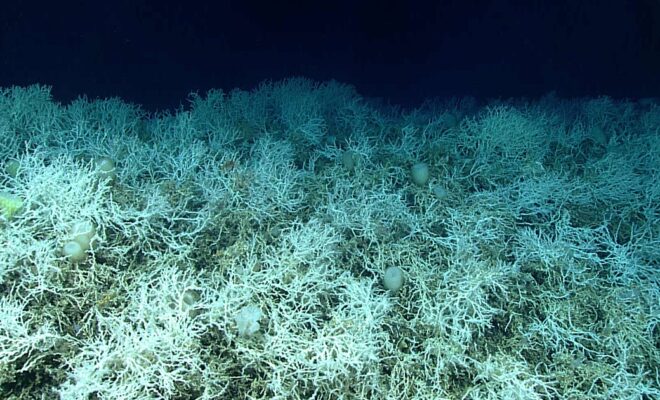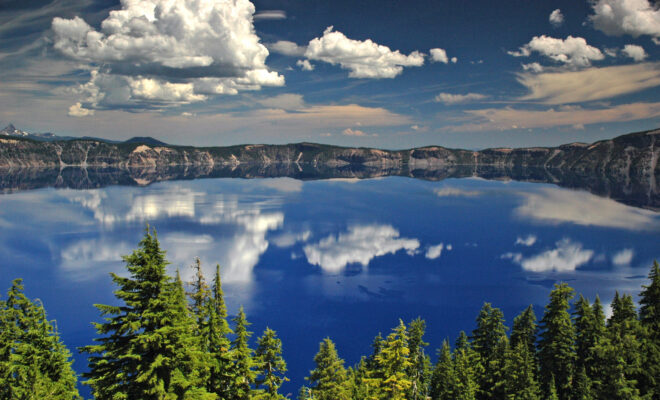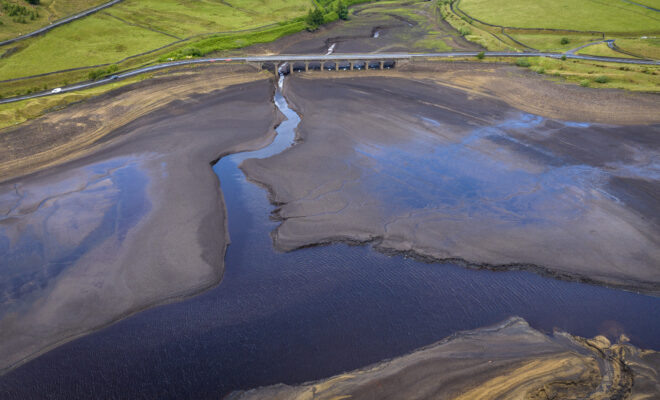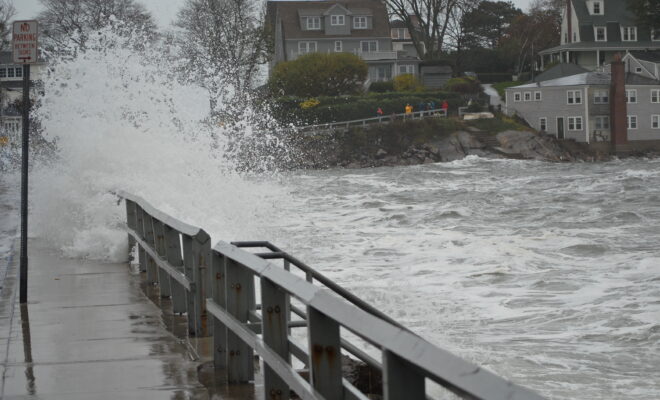Sustainable Dining and Commercial Fishing: The answer to invasive Asian Carp?
1/30/2024 - By Carli Stewart. A professor at the University of Missouri-Columbia, Mark Morgan, has spent over a decade researching Asian carp, an invasive species to the United States. Also known as silver carp, the fish was introduced to the U.S. in the 1970s to help with water purification in catfish ponds.… SEE MORE
